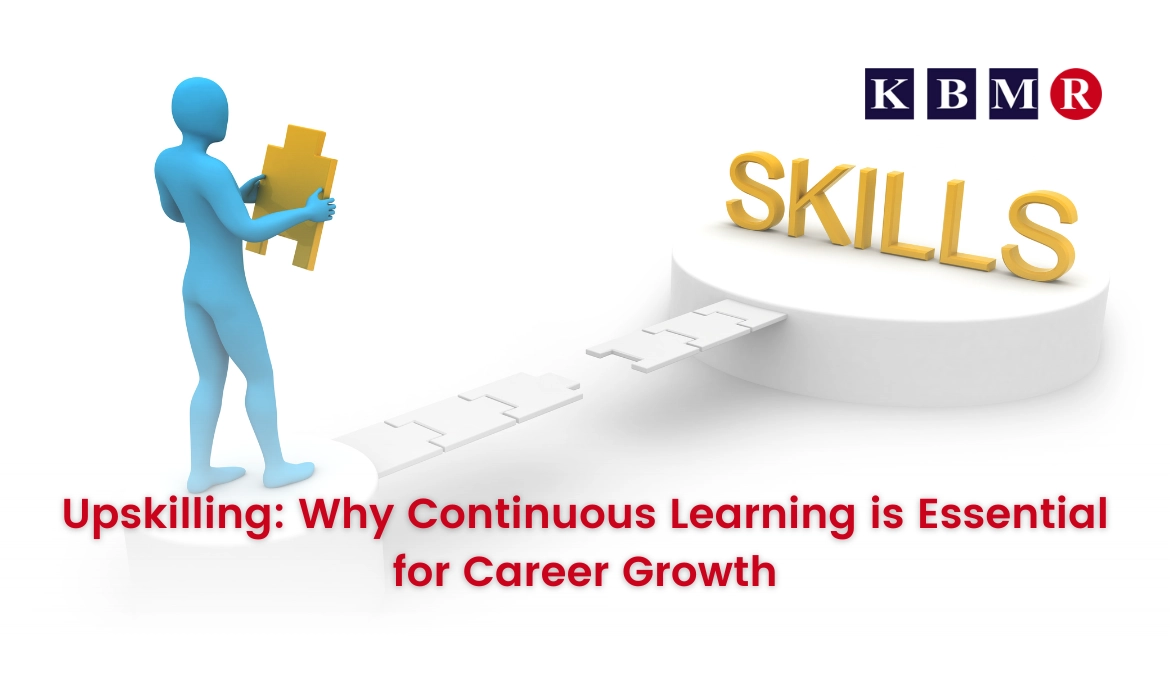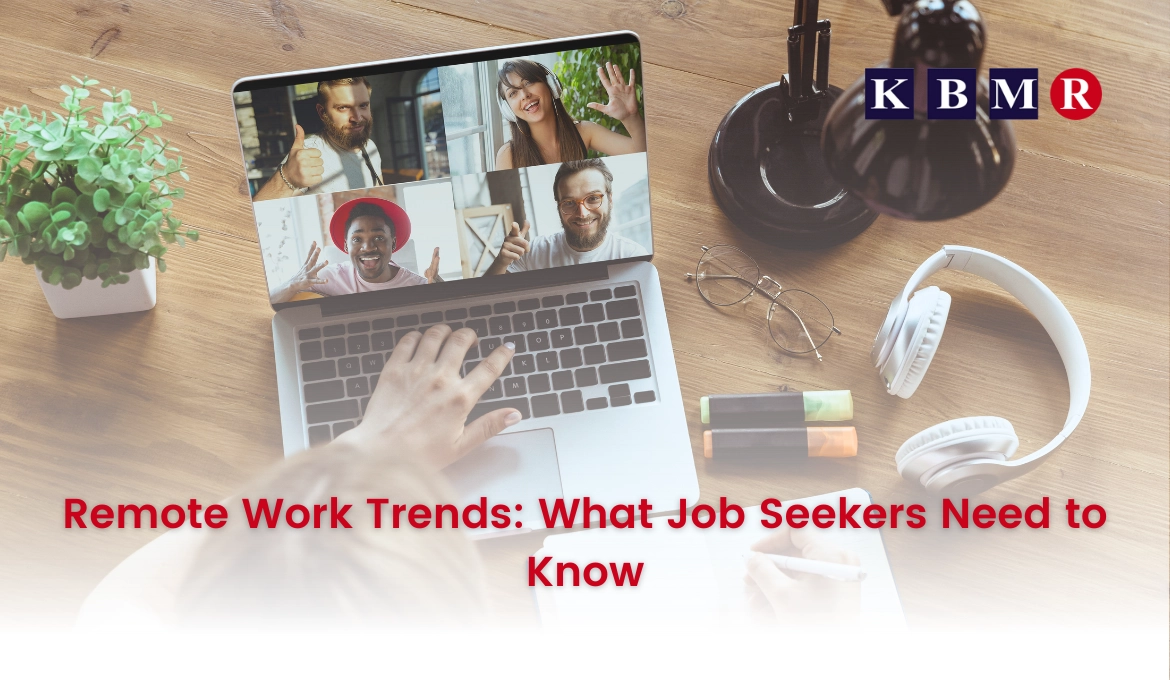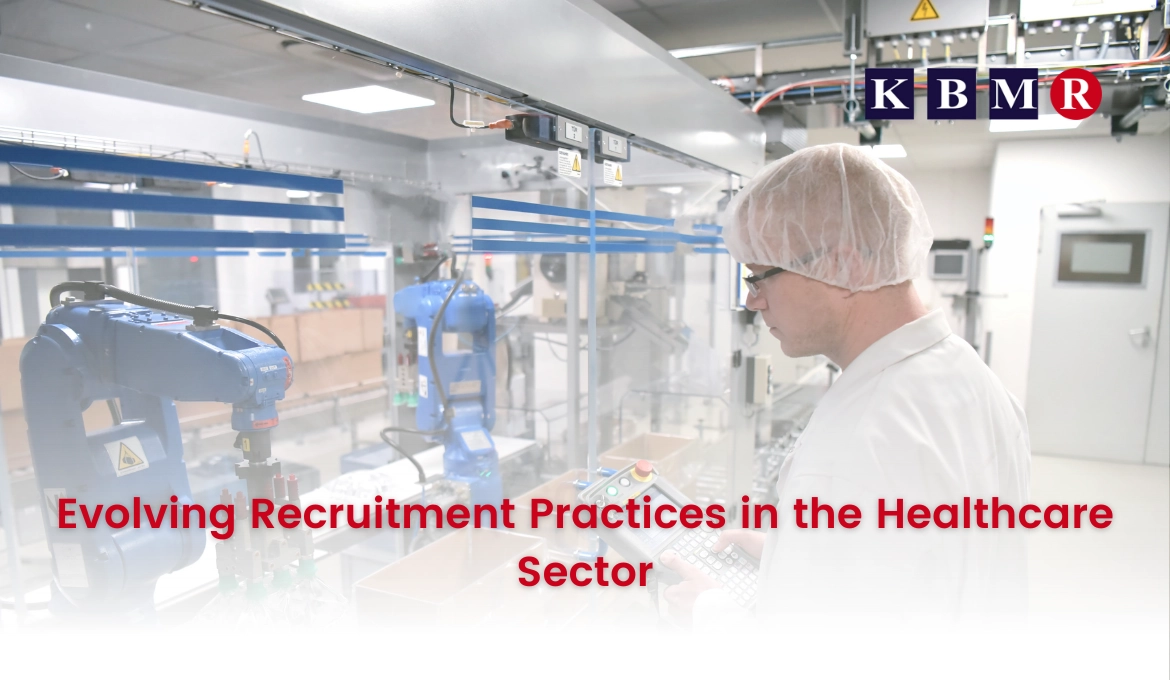Adaptation is a necessity in the dynamic UK job market landscape. Over the years, recruitment practices have undergone significant transformations driven by technological advancements, shifting demographics, and changing economic trends.
Today, as we stand at the forefront of a digital era, the evolution of recruitment in the UK reflects a journey of innovation, resilience, and continuous adaptation to meet the demands of a rapidly changing world.
The Traditional Recruitment Landscape
Traditionally, recruitment in the UK relied heavily on manual processes, such as print advertisements, job fairs, and word-of-mouth referrals. Recruiters would sift through stacks of CVs, conduct in-person interviews, and rely on gut instincts to assess candidates' suitability for roles.
While these methods were effective to some extent, they were time-consuming, resource-intensive, and often limited in reach.
The Rise of Online Recruitment Platforms
The internet revolutionised the recruitment landscape, paving the way for online job boards, professional networking sites, and applicant tracking systems. Platforms like Indeed, LinkedIn, and Glassdoor democratised the hiring process, offering employers and candidates a digital marketplace to connect, engage, and exchange information.
Online recruitment platforms expanded the reach of job postings and introduced innovative features such as automated CV screening, targeted job recommendations, and real-time applicant tracking. These advancements streamlined the recruitment process, reduced administrative burden, and empowered recruiters to make data-driven hiring decisions.
The Role of Artificial Intelligence and Automation
Artificial intelligence (AI) and automation have emerged as game-changers in the recruitment industry in recent years. AI-powered tools and algorithms can analyse vast amounts of data, identify patterns, and accurately predict candidate suitability.
AI has revolutionised every aspect of the recruitment lifecycle, from chatbots engaging with candidates in real time to predictive analytics software forecasting hiring trends.
Automation has also transformed repetitive and time-consuming tasks, such as CV screening, candidate sourcing, and interview scheduling. By automating these processes, recruiters can focus their time and energy on strategic activities, like candidate engagement, employer branding, and talent development.
The Shift Towards Remote and Flexible Work
The COVID-19 pandemic accelerated the shift towards remote and flexible work arrangements, prompting employers to re-evaluate their recruitment strategies and embrace virtual hiring practices. Video interviews, virtual job fairs, and remote onboarding became the new norm, enabling organisations to continue recruiting talent despite physical distancing measures.
Remote work has also opened up new opportunities for both employers and candidates. It allows companies to tap into talent pools beyond geographic boundaries and offers individuals the flexibility to work remotely. As a result, recruitment in the UK has become more inclusive, diverse, and accessible, driving innovation and collaboration across industries.
The Significance of Employer Branding and Candidate Experience
In today's competitive job market, employer branding and candidate experience are crucial in attracting and retaining top talent. Job seekers increasingly look beyond traditional factors such as salary and benefits, emphasising company culture, values, and growth opportunities.
Employers that invest in building a strong employer brand and delivering a positive candidate experience gain a competitive edge in attracting top talent. From showcasing company culture through social media channels to providing personalised communication and feedback throughout the recruitment process, organisations that prioritise candidate engagement and satisfaction stand out as employers of choice.
The Future of Recruitment in the UK
As we look ahead, the future of recruitment in the UK promises further evolution and innovation driven by emerging technologies, changing workforce dynamics, and evolving societal trends. The possibilities are endless, from virtual reality simulations that assess candidates' skills to gamified recruitment platforms that engage and motivate job seekers.
Furthermore, recruitment in the UK is likely to become more data-driven, agile, and responsive to market dynamics. Employers will continue to embrace diversity, equity, and inclusion as core principles of their recruitment strategies, fostering a culture of belonging and empowerment for all.
Bottom Line
The evolution of recruitment in the UK is a testament to the resilience and adaptability of the human resource profession. From traditional methods to digital platforms, from manual processes to AI-driven automation, recruitment has undergone a remarkable transformation to meet the evolving needs of employers and candidates.
As we navigate the challenges and opportunities of the future, one thing remains clear: adaptation is critical. By embracing change, harnessing technology, and prioritising human connection, recruitment professionals in the UK can continue to drive innovation, foster talent, and build the workforce of tomorrow.
_669109838c7d1.webp)




